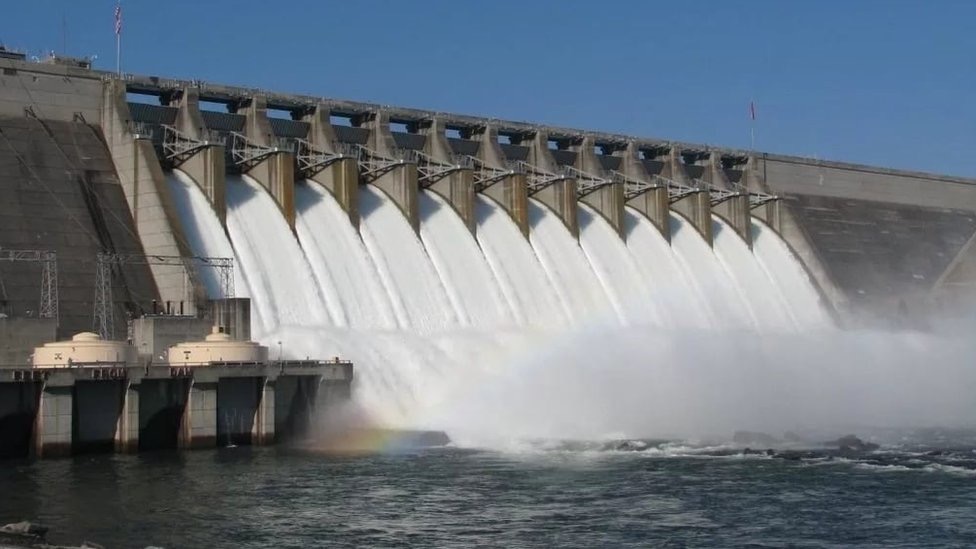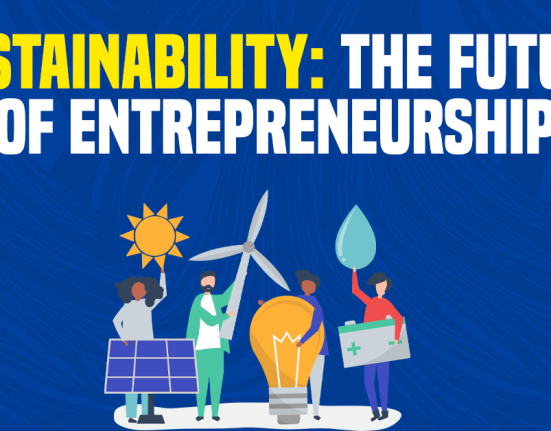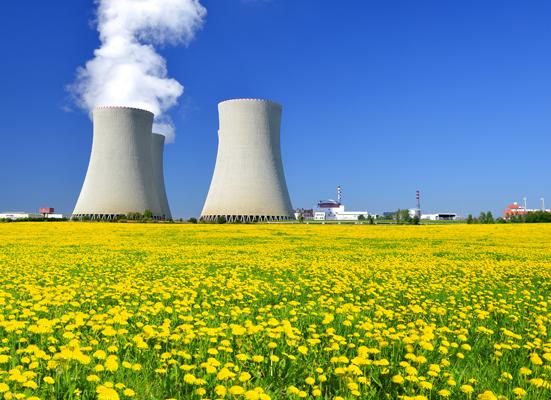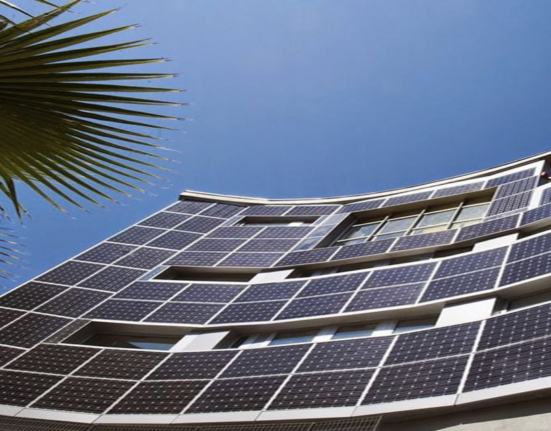Opinion – An hydroelectric plant that is properly located, run, and mitigated might be categorized as a clean form of energy. Let’s find out how clean hydropower energy may be said to be or do we go in search for other cleaner alternatives?
Traditional hydropower generates more than 16% of the world’s electricity and can offer low-emission substitutes for fossil fuels. However, does this attribute make hydropower clean? It varies. When used properly, hydropower is a crucial component of every country’s blend of energy. But doing it properly is the key.
River Impact of Hydropower
Hydropower, when implemented incorrectly, is not at all clean. Some species have gone extinct as a result of thoughtless hydropower development, while other species, especially those with very high commercial worth, are gravely endangered. It’s important that we take that seriously.
An hydroelectric plant that is properly located, run, and mitigated might be categorized as a clean form of energy. A lot of hydroelectric plants fall short of this requirement.
More people are doing it and this is positive news. Sadly, other significant energy companies want to maintain the ability to operate their dams without complying with current environmental standards.
The environmental performance of many hydroelectric facilities has significantly improved as a result of contemporary environmental legislation and ideals, the tireless work of industry specialists and the industry’s forward-thinking voices.
There is still more work to be carried out: including the modernization of numerous outdated hydro dams. It may be necessary to remove an old dam and replace it with another, cleaner source in select rare instances where it is actually causing harm and cannot reasonably be rendered clean alongside being safe.
Is there room for further hydropower?
If one is very skeptical about the necessity for building of additional dams or projects that drain water from healthy streams but believes there is plenty of untapped hydroelectric capacity that might be utilized safely, they may still be right.
According to the American NHA (National Hydropower Association), the country’s hydropower output could treble without the construction of any new dam.
These ethical hydro projects consist of:
- Efficiency enhancements that allow for the generation of more power using the same amount of water.
- Current hydroelectric dams have received additional capacity.
- Including turbines in dams without power.
Developers should be encouraged to focus their efforts on projects of this nature as they are generally less expensive to build, simpler to obtain permits for, and significantly less environmentally detrimental than hydropower which requires the construction of new dams. In order to determine whether novel hydropower methods without dams or diverts are a viable and more environmentally friendly substitute for conventional hydropower, we should also extensively examine them.
Read also Should-we-use-biofuels-as-a-substitute-for-conventional-energy-sources/
Implementing hydropower
Hydropower is a source of clean energy, but in order to qualify as such, It has to be situated, run, and mitigated appropriately. Many dams fall short of this requirement. It is worthy to note that more and more facilities are doing it and we must take into account both sides of the power and the health of the river equation to properly implement hydropower:
Instead of seeing greater performance in terms of the environment and the next generation as either-or, win or lose scenarios, we must work together to achieve both goals.
- Both the benefits of and potential dangers of hydropower must be taken seriously.
- We must continuously hold developers and operators accountable for the impacts of their activities on the environment and also promote responsible development and demand the highest standards of performance.
- We must eliminate development barriers while acknowledging, simply that attaining a high degree of environmental performance and the costs that will make this possible are not an “obstacle” to progress but rather an essential and fundamental element.











Leave feedback about this